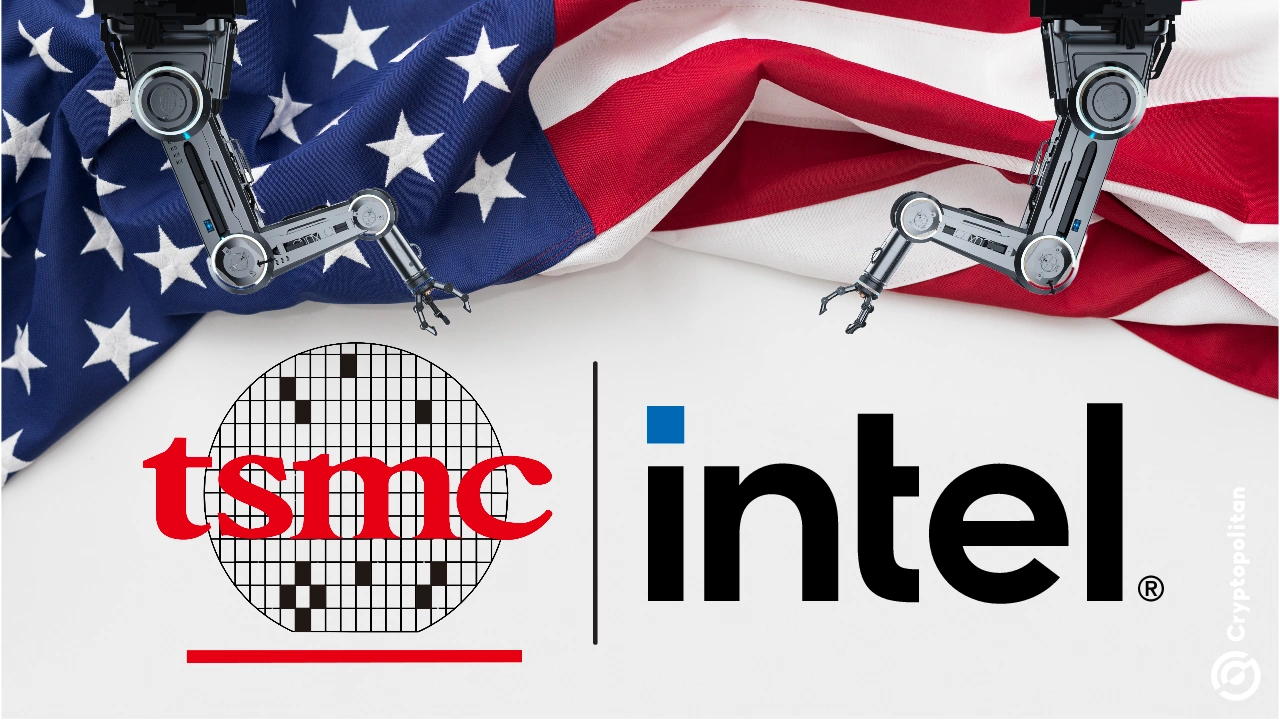Universities across China have introduced guidelines for using generative artificial intelligence for graduation thesis writing. The move aims to address the controversy surrounding how the technology affects academic integrity.
Also read: Debunking the negative perception of AI in education
Fuzhou University in Fujian province has introduced a system to detect AI-generated content on a trial basis. The university will use the system to review undergraduate students’ theses, and the findings will be considered for grading, according to China Daily.
The use of AI is not banned
Xiong Bingqi, director of the 21st Century Education Research Institute, said universities and higher education institutes in China have not completely banned the use of artificial intelligence for thesis writing. However, he warned that reliance on AI or ghostwriting services for papers is forbidden. Bingqi said:
“College students can use AI during their research and writing, but they must not rely on it excessively or just copy and paste AI-generated text as their essay content.”
Tianjin University of Science and Technology has said that the ratio of AI-generated content in undergraduate theses should not exceed 40%. The university clarified that if the paper is identified as AI-generated, the student will be warned and required to make necessary revisions.
Chinese universities continue to crack down on AI ghostwriting
In a report in May, the University World News identified at least five universities that have issued their first guidelines on AI use or specifically AI-generated content (AIGC) for graduation thesis works. Hubei University said in a notice that it would assess articles using generative AI during their review. If a thesis is identified as having a “high risk of ghostwriting,” academic staff will guide the students to make revisions.
Similarly, Fuzhou University announced that it would run tests on AI ghostwriting for the graduation theses of 2024. Last year, Beijing Business Daily reported that Liu Dong, an associate professor at Renmin University of China, said:
“To ghostwrite essays and directly plagiarise someone else’s thesis is the same; it is definitely not allowed and strictly prohibited.”
Dong stressed that tools like ChatGPT can help improve the efficiency of research in different fields. Dong said that it is necessary to clarify how to use the technology and define the difference between AI assistance and AI ghostwriting. The point to note here is that ChatGPT is not available in China, but many students use it to write their academic papers.
Chinese Lawmakers adopt the Academic Degrees Law
A recent survey conducted by China Youth Daily showed that more than 80% of students use artificial intelligence tools for their assignment work. Chinese lawmakers voted to adopt the Academic Degrees Law in March this year, which will become effective on January 1, 2025.
According to the law, a thesis can be revoked if it is found to contain ghostwritten content. The law was passed after years of revisions. Last year’s version mentioned “AI-assisted ghostwriting,” which garnered attention. However, references to AI were removed from the bill passed by the Chinese National Congress in March.
Also read: Use of AI in high school education raise ethical concerns debate
Despite the removal of the AI references from the bill, universities are now responsible for identifying ghostwriting or AI ghostwriting. Chinese students say that they used ChatGPT through VPNs to complete portions of their graduation theses.
Peng, a student at the Communication University of China, said that he did not copy from AI tools but worked on the AI-generated content to make it a small part of his thesis. Bigqi said that strengthening the detection processes along with mentoring is essential.
Cryptopolitan reporting by Aamir Sheikh





